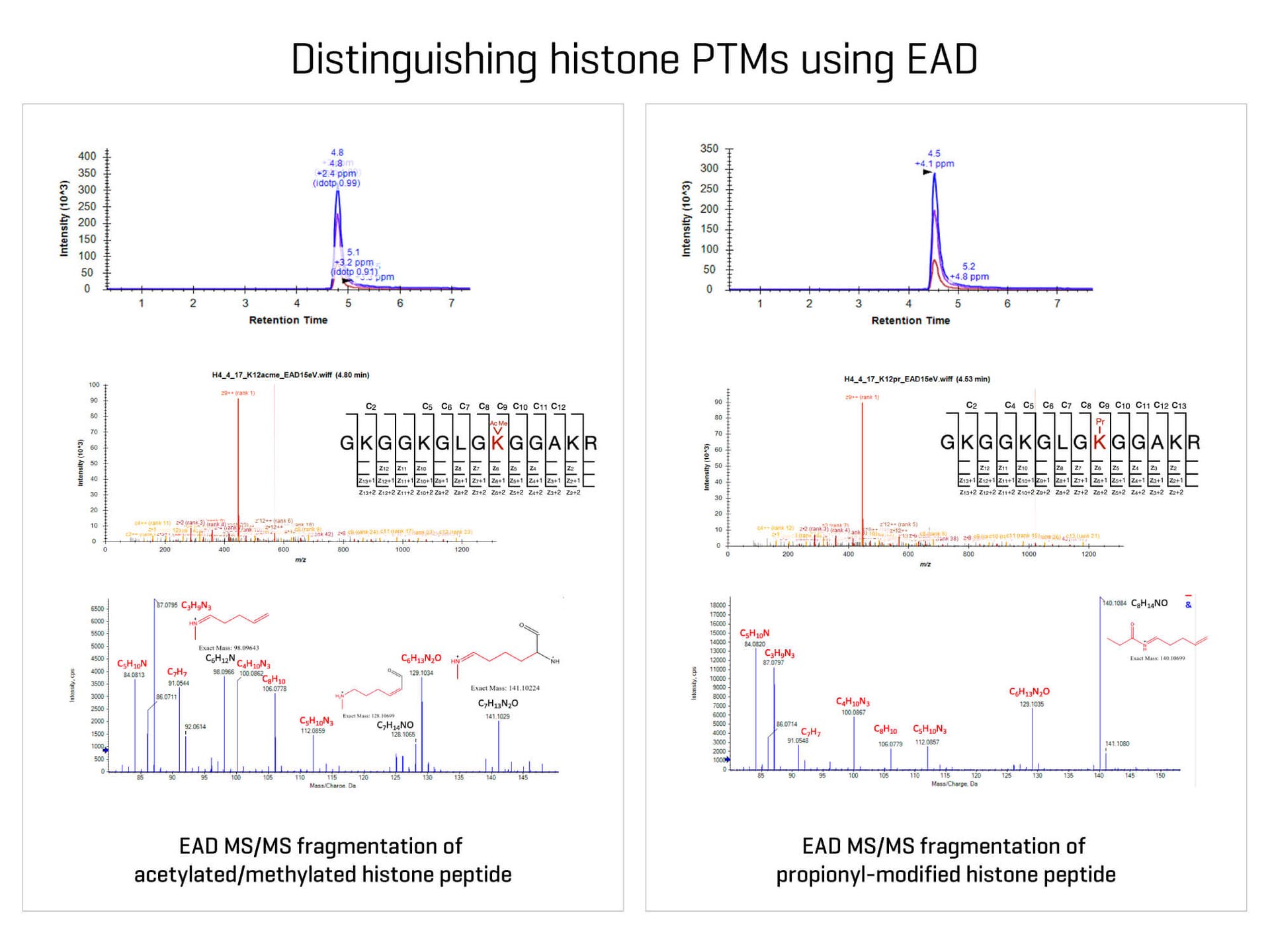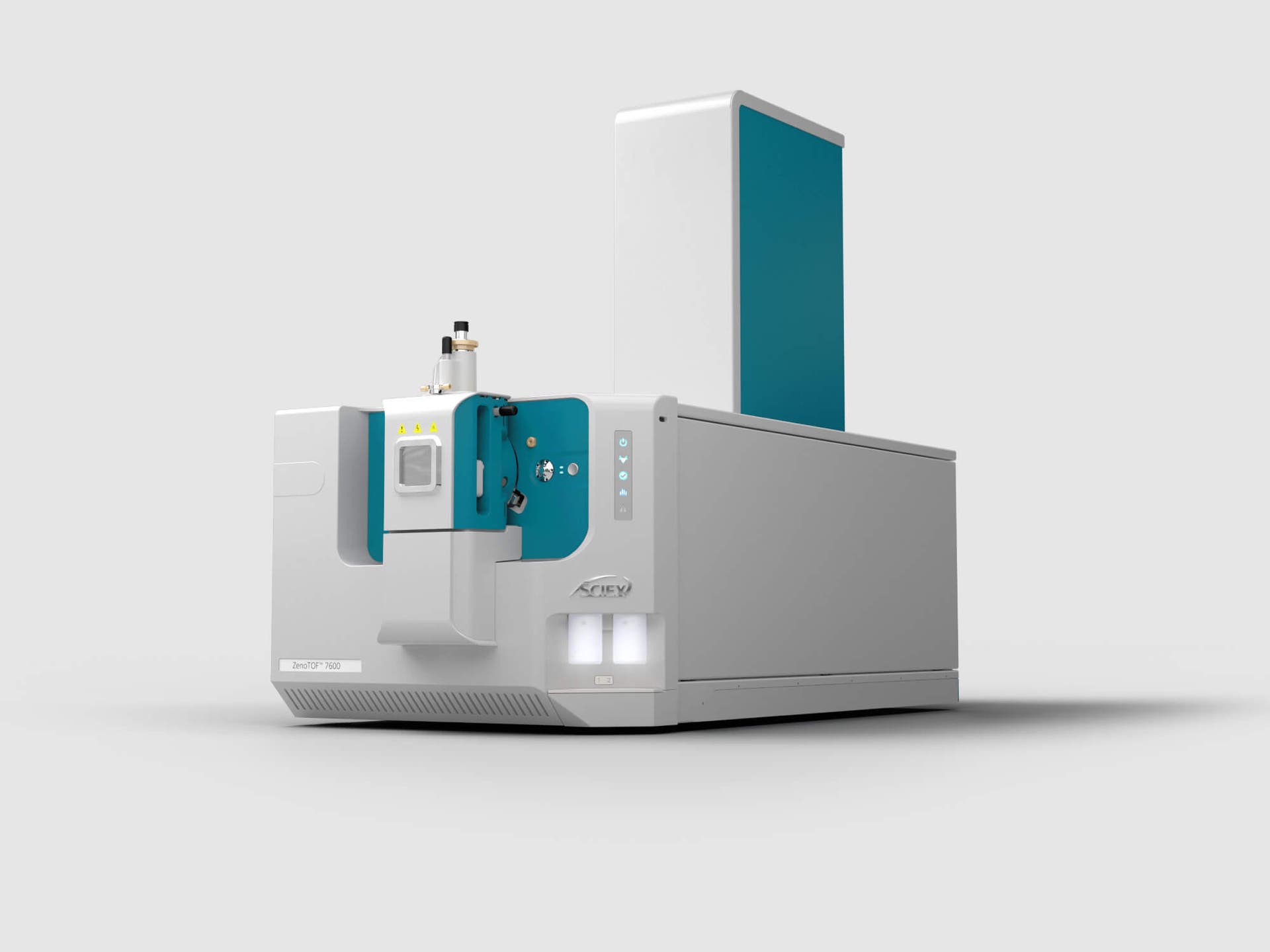Epigenetics play a crucial role in human health and disease. Epigenetics is the study of complex molecular interactions that cause transmissible modifications to gene activity, but without altering the DNA sequence itself. The regulation of epigenetics involves several key mechanisms, including DNA methylation, histone modification, and RNA-mediated processes. Ultimately, epigenetic modifications effect how the body interprets DNA sequences thus playing a crucial role in both normal human physiology and the pathogenesis of various diseases. For example, the dysregulation of epigenetic mechanisms has been linked to a wide range of conditions, such as cancer, cardiovascular diseases, neurological disorders, and more. Fortunately, unlike genetic mutations, epigenetic modifications are reversible enabling epigenetic therapies to be an exciting development in medicine. Drugs targeting DNA methyltransferases (DNMTs) and histone deacetylases (HDACs) are already in clinical use for certain cancers. [1]
Traditionally, chromatin biologists have studied histone modifications one at a time due to the limitation of reagents available to them. However, histone proteins are subject to over 100 different types of post-translational modifications, which can also influence each other. To address this complexity, analytical chemists are increasingly turning to mass spectrometry (MS). By using MS, multiple modifications can be simultaneously identified in a single analysis offering comprehensive insight to the sample of interest. Continued research in this field encourages the potential of novel diagnostic tools and therapeutic strategies that can transform the approach towards a wide range of medical conditions.






